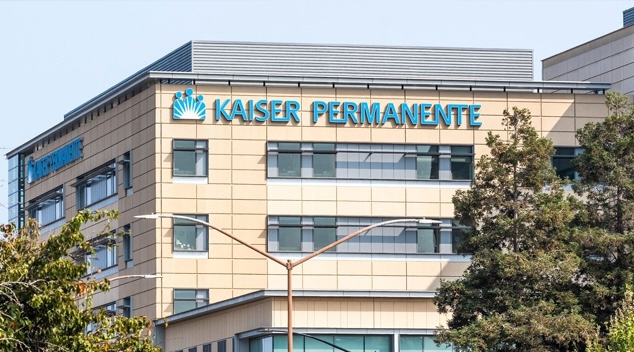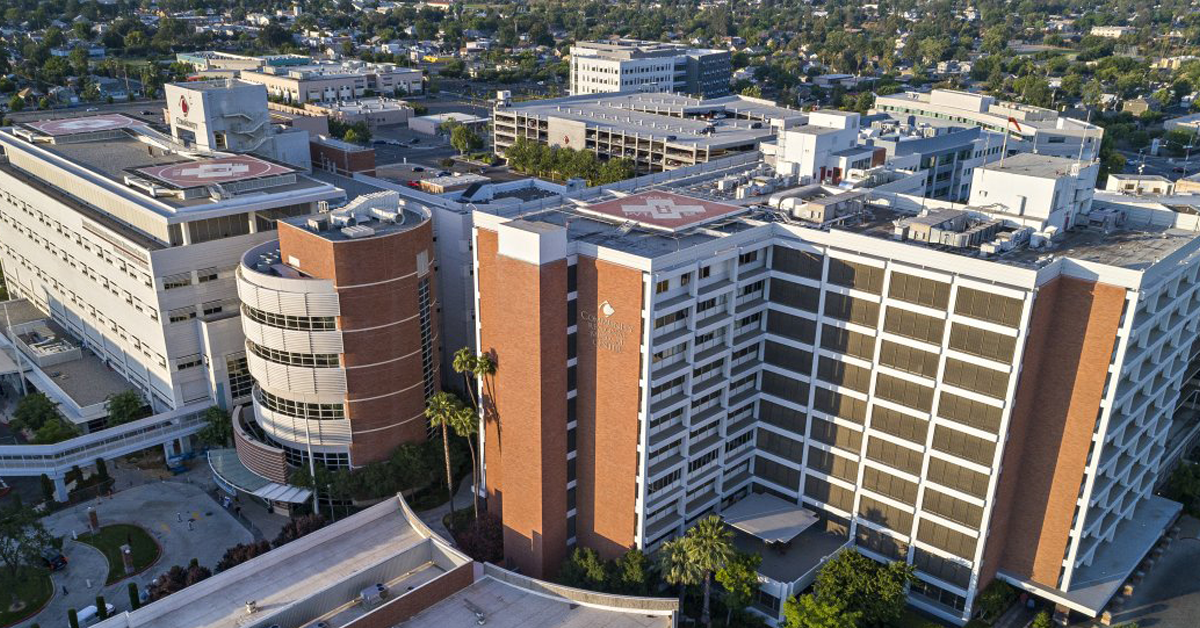Healthcare workers employed by Kaiser Permanente are kicking off a picket rally across the Central Valley this week.
The employees are heading to the picket line to protest staffing shortages and the effects they are having on patients and caregivers.
Driving the news: Tens of thousands of healthcare workers are set to have their contracts expire with Kaiser Permanente on Sep. 30.
- More than 85,000 employees throughout California, Washington, Oregon, Colorado and Washington D.C. have formed the Coalition of Kaiser Permanente Unions to call on increased staffing levels ahead of the contract expiration deadline.
- On Tuesday, strikes are happening at the Kaiser Permanente hospitals in Manteca and Stockton.
- Fresno’s Kaiser Permanente employees will hit the picket line on Wednesday.
What they’re saying: “We are understaffed, overworked, and stretched so thin during our shifts,” said Lori Pimentel from Kaiser Vacaville. “Kaiser has made billions in profits over the last five years, yet they’re not investing enough to keep caregivers at our facility. We’re demanding that Kaiser put patient care over profits and provide safe staffing at all their facilities.”
- Kaiser Permanente released the following statement: “It’s important for our members and patients to know that these events are not strikes. Our medical facilities will remain open and operate normally. Kaiser Permanente is the largest union-represented health care employer in the U.S. — with nearly 75% of our employees represented by unions. We are currently bargaining with the Coalition of Kaiser Permanente Unions, which represents about 88,000 employees in a variety of roles and is part of our historic Labor Management Partnership.
- “Our priority is to reach an agreement that ensures we can continue to provide market-competitive pay and outstanding benefits. We are confident we’ll be able to reach an agreement that strengthens our position as a best place to work and ensures that the high-quality care our members expect from us remains affordable and easy to access. Given where we are in the bargaining process, it’s clear the picketing by the Coalition isn’t about drawing attention to new issues, but rather an attempt to create bargaining leverage.
- “We have been and will continue to address the real issues that are affecting health care and our employees. On the heels of the global pandemic and given today’s economy, these challenges include inflation and rising costs to deliver health care, increasing competition from nontraditional businesses, labor shortages, supply chain disruptions, and increases in the demand for access to health care. We look to the Coalition to be a constructive partner in helping address these and other challenges affecting us all.”











